

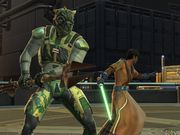

Scepticism has been the go-to sentiment for every industry head who has been interviewed on the subject of Star Wars: The Old Republic and doesn't have a share in EA. Our news feed for the game is a regular Texan buffet of various greasy complaints about whether the game will break even let alone be a success. Here is a carefully placed link in which Activision CEO Bobby Kotick speaks in depth about how EA will make roughly Zero dollars in profit thanks to LucasArts' licensing fee. Here is another stating the game would need to make - and keep - over a million subscribers to be a successful investment.
But most of the cynicism in the last year has come down to a sense of distrust over how BioWare designed the game. I've talked about how the single-player narrative proves to be an issue before - even I've felt a pang of scepticism over whether a strong narrative is suitable in a game built for millions to interact in.
TOR is out now, and the lucky ones who managed to get into the pre-access finally get to see how the game works out of beta. And now after months of dipping between hands-on events and beta weekends, different characters, and character stories, Star Wars is beginning to change my mind.
Is it too non-traditional for an MMO?
No, because TOR proves narrative works. BioWare has sought out a niche in the MMO market for users who like BioWare and the result - at its worst - is a very good single-player game where you can simultaneously interact with friends outside of your personal quests. At its best it's the first MMO ever designed to make users care about characters.
Gamers who played Mass Effect and felt half a feeling for their own personal Shepard, that Shepard whose personality they manipulated through their own decisions, will feel a spark of something for this game here. Because it follows in suit, unabashedly. It's a BioWare game through and through and it succeeds in doing everything you liked about KOTOR while letting lots of users play together.
But combining two genres doesn't mean it's failed to capture the essence of an MMO - group quests are still necessary, Flashpoints and Operations are designed to be played together, and these are necessary ingredients for a Massively game.
Does it follow WoW too closely?
A few months ago we had the chance to speak with RIFT's Will Cook who reiterated one of the complaints that has been repeated through the echo-chamber of the Internet, saying he was "personally disappointed [The Old Republic] was going to be standard action-bar combat."
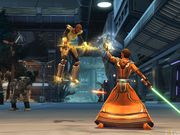
For all of its attempts to push the genre on a narrative level, it's a fairly traditional game. It keeps with a standard class system, its approach to quest content is still relatively similar to other MMOs despite cutting down on widely disliked grinds. But it would be wrong to think a new MMO should reinvent the wheel in terms of gameplay simply on the basis of being a new MMO.
WoW was the result of years of MMO design concepts coming together in one place to create what was at the time the most user-friendly game the genre had seen. It adopted ideas from numerous games to create a formula and a look that made sense not only for a modern user's palate but for the genre. TOR's use of a standard blueprint that incorporates quest systems with easily spottable NPCs, talent trees, auction houses, raid-centric endgames, or gear-based character power isn't the calling card of a WoW clone as it is the sign of a game designed with some of the tried and true features of the genre in mind that have been distilled over years.
It's early days for The Old Republic, but despite the cynicism it has already proved to be a legitimate MMO with its own identity - something rare in this genre.
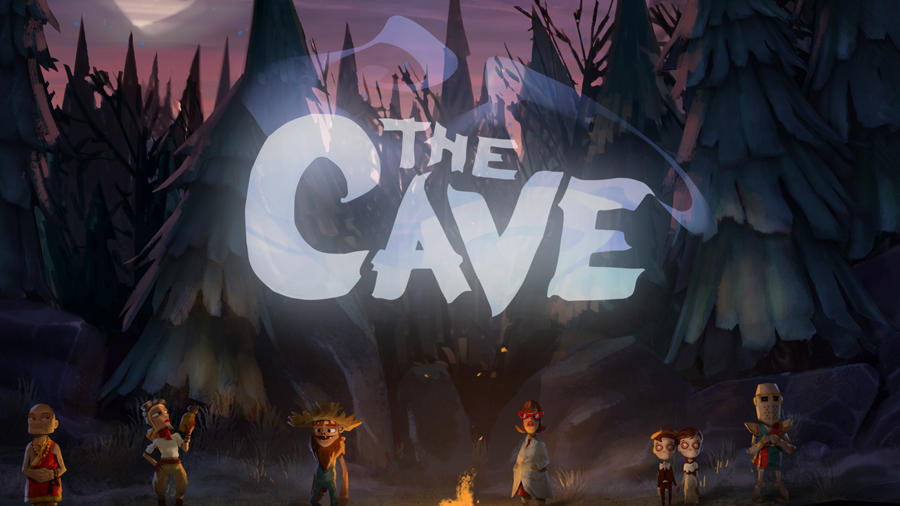
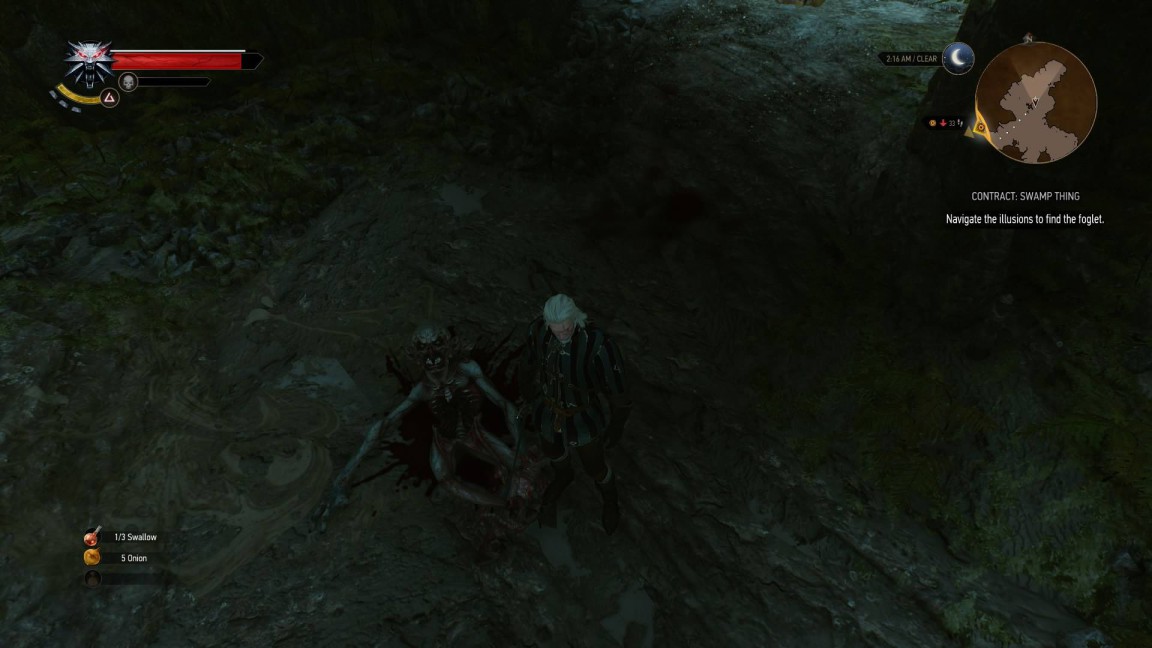
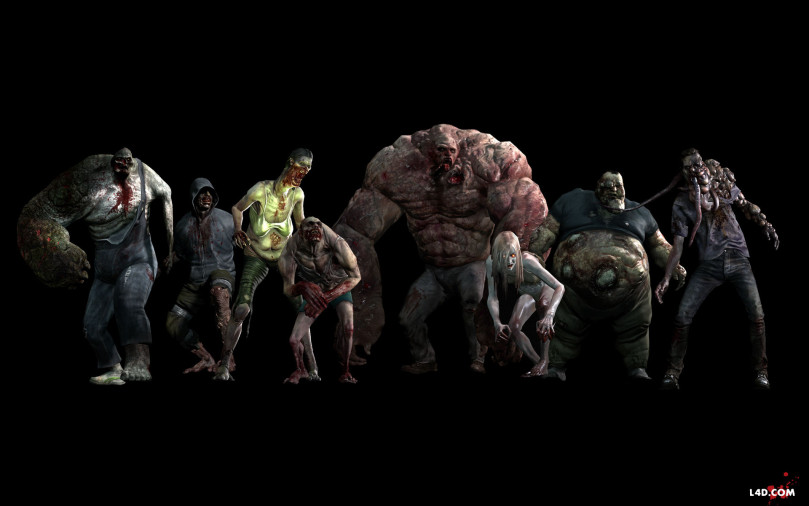

 Terraria Beginner's Guide, Part 4 - Expanding your horizons.
Terraria Beginner's Guide, Part 4 - Expanding your horizons.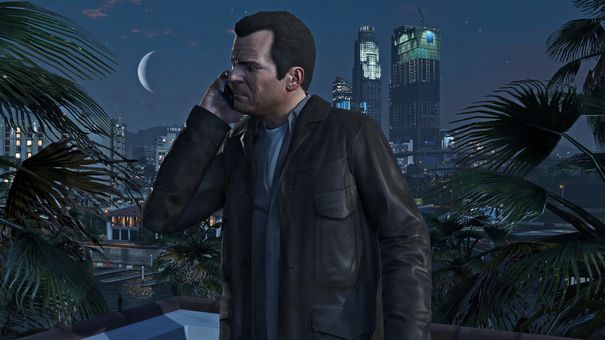 The real appeal of GTA 5 on PC
The real appeal of GTA 5 on PC How to Make Your Own Village in Minecraft
How to Make Your Own Village in Minecraft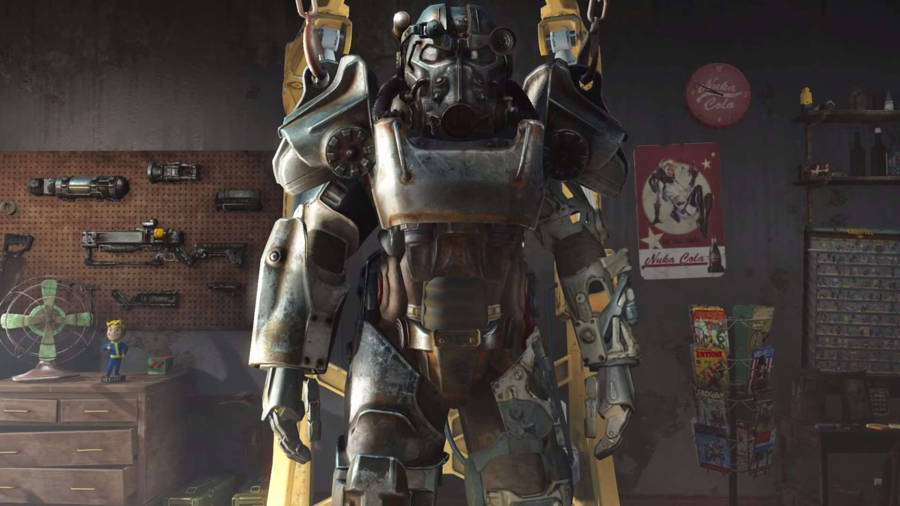 How To Repair Your Power Armor In Fallout 4
How To Repair Your Power Armor In Fallout 4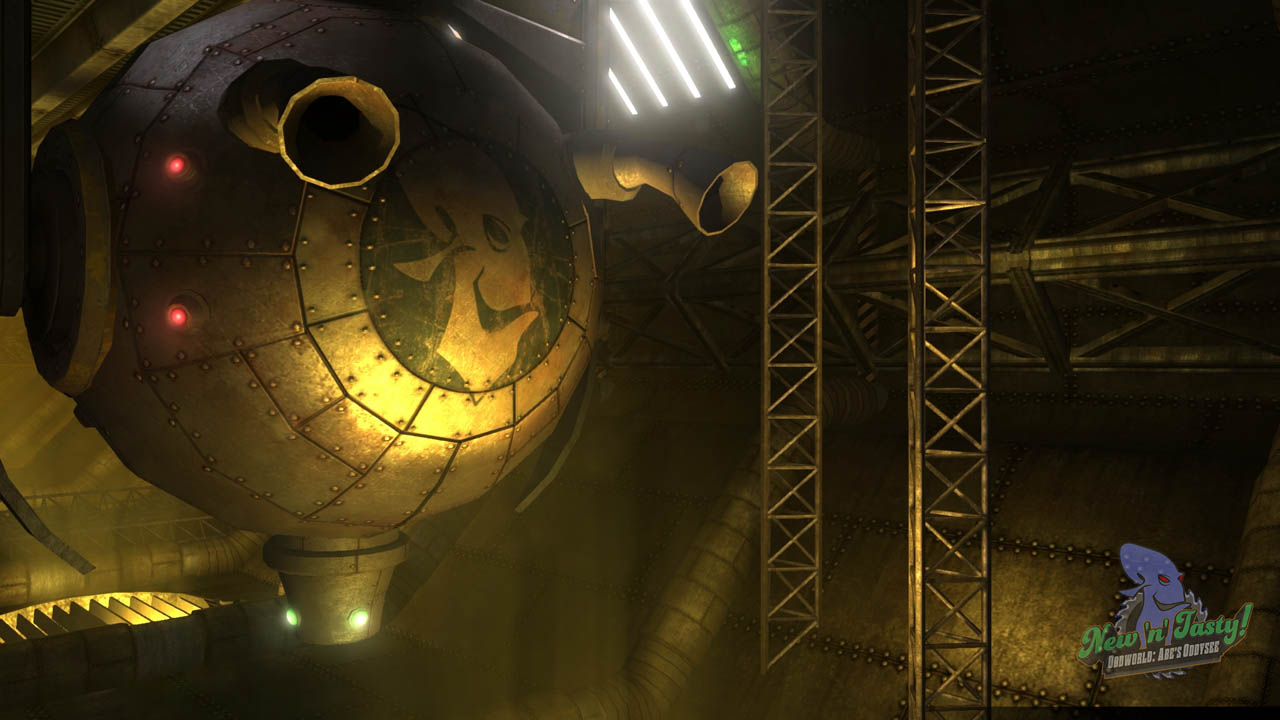 Oddworld: Abes Odyssey – New n Tasty – Starter Guide
Oddworld: Abes Odyssey – New n Tasty – Starter Guide